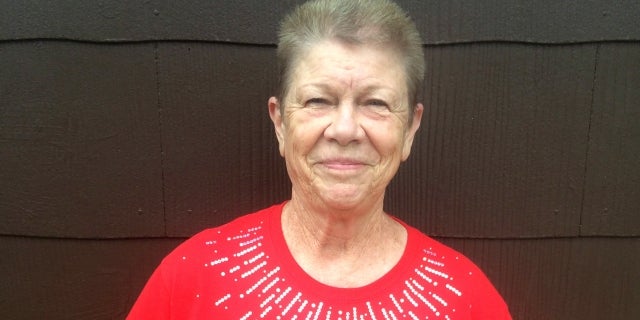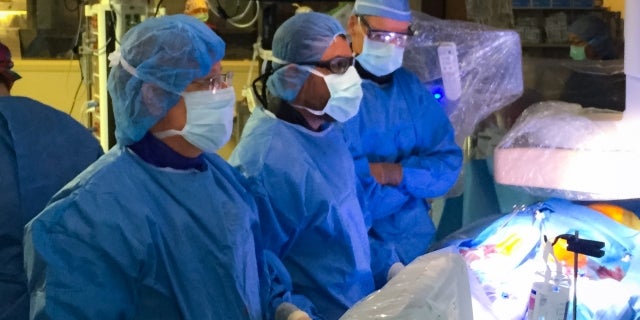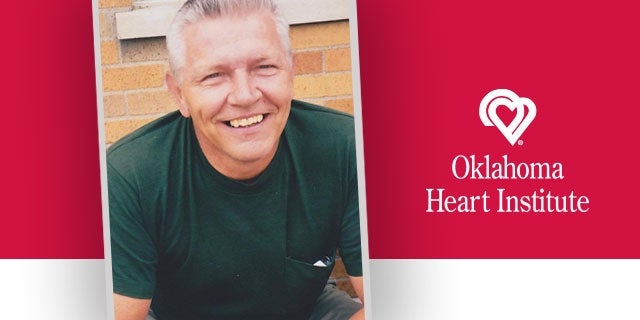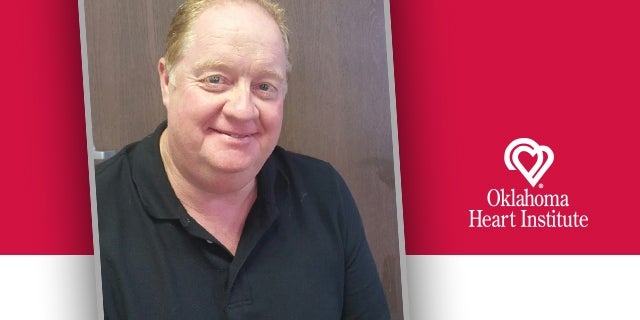When Charlotte Wells went to see her primary care doctor for heart-related issues, she thought she had a heart arrhythmia. But when Charlotte continued to get worse, she knew something wasn’t right. Her doctor then requested she come in for an EKG the next time her heart monitor went off. Once her doctor performed an EKG and gave Charlotte the results, she explained to her that she had sent them to Oklahoma Heart Institute cardiologist, Dr. David Sandler, because Charlotte didn’t have arrhythmia - she had atrial fibrillation.
No one in Charlotte’s family had ever had heart... Read More »









